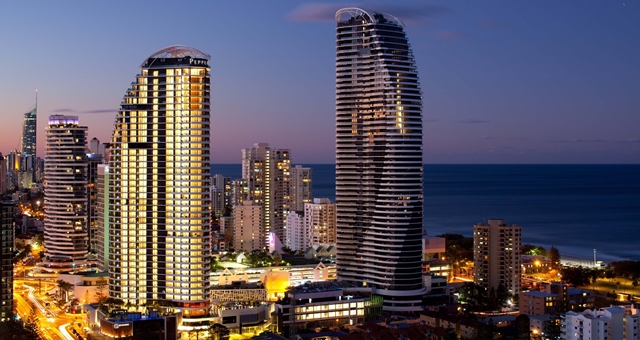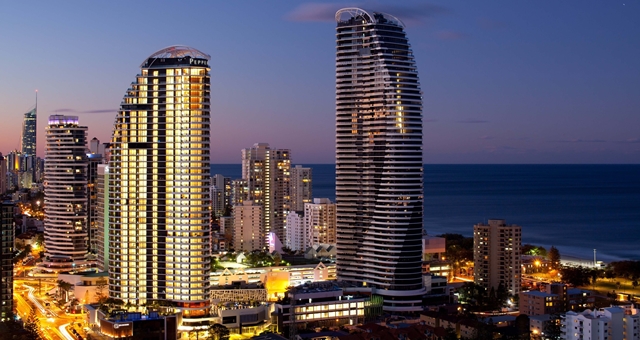AccorHotels’ takeover of Mantra Group for $1.3 billion might not be a done deal just yet, with the door still open for other potential investors to snap up Australia’s second largest chain. The Asia Pacific head of Hotels and Hospitality at law firm Withers, ROBERT WILLIAMS, analyses that possibility and some of the other complexities surrounding the largest hotel industry acquisition in Australian history.
Mantra Group announced this week (12 October) that it has now entered into a binding agreement for Accor Hotels Group to acquire all of the shares of Mantra, through a scheme of arrangement.
Mantra’s board has unanimously recommended the deal to shareholders, and the transaction is not subject to finance or any further due diligence from Accor.
Outside of the scheme of arrangement process, the only remaining hurdles are clearing the ACCC (Australia’s competition/ anti-trust regulatory), FIRB (Australia’s foreign investment regulator) and securing Mantra shareholder approval. This follows the Accor board approving the offer overnight Australia-time.
After six months of speculation in the industry around Mantra’s future notwithstanding its continued strong performance, this news is a great endorsement of the scale and quality of the business the Mantra team has built, as well as the strength of the Australian hotel sector.
The tie-up was initiated by Tony Ryan of JLL’s hotels and hospitality M&A group (who provided commercial advice to Accor). We understand Accor engaged UBS as corporate finance advisor and Dransfield Hotels and Resorts to crunch the detail and numbers on the operating platform.
There are a number of interesting talking points on this transaction, which are likely to be the subject of some debate in the coming weeks.
To pick a few:
•Pricing of the all-cash offer looks strong on recent trading, though there was some commentary earlier in the week from the Financial Times in London that at AUD$3.96 it represents good value for Accor;
•Large-scale Chinese capital has withdrawn from M&A deals globally in the last 6 months or so, putting non-Chinese trade buyers in a more competitive position to make acquisitions. However, as Marriott found with Anbang on Starwood, there may be other suitors out there for Mantra, who could launch a competing bid;
•The timetable on the scheme of arrangement is not quick. The Independent Expert’s report, which hopefully will sign off on the deal being in the best interests of the Mantra shareholders, is not expected until February 2018, kicking off the formal process to complete the deal;
•Only the brave would take on Accor, who is a dominant operator in the region, and has deep transactional experience. Accor has been the most active of the global operators by some way in reshaping its business over the last 2 years, including through acquisitions. Accor can undoubtedly unlock a number of synergies by bringing the Mantra business in-house, and can bring real depth to its operations;
•Consolidation in the hotel sector looks set to continue – with both operating platforms like Mantra, and asset-rich businesses, in play. This week, Singapore’s CDL has flagged it intends to take the London-listed Millennium and Copthorne business private
•With Mantra’s CEO Bob East taking on the Tourism Australia Chairman role, and Mantra’s long-term head of development Michael Moret-Lalli recently leaving the group, there were some questions being asked about senior management of the group in the short term. To counter that, Mantra’s COO, Tomas Johnsson and its director of operations, Mark Hodge, are deeply experienced and widely rated;
•Accor will have looked hard at how Mantra’s brands fit into its portfolio, and which will be retained or repositioned over time. Mantra developed deep domestic recognition for its brands, and challenged the notion that hotel owners must tag an international brand and distribution platform to their Australian hotel; and
•Owners of Mantra managed properties will be asking, as have hotel owners globally in the context of operator-consolidation, what is in this for me? On the positive side, Accor’s procurement platform is second to none, delivering real savings for owners. On one transaction we looked at, featuring a large and remote iconic Australian tourism business, on paper, savings delivered by Accor’s purchasing power more than paid for Accor’s management fees.
It will be interesting to see how the deal plays out. The sector, and certainly Event Hospitality and Entertainment as the other listed independent Australian operator of scale, will no doubt follow this transaction closely.


